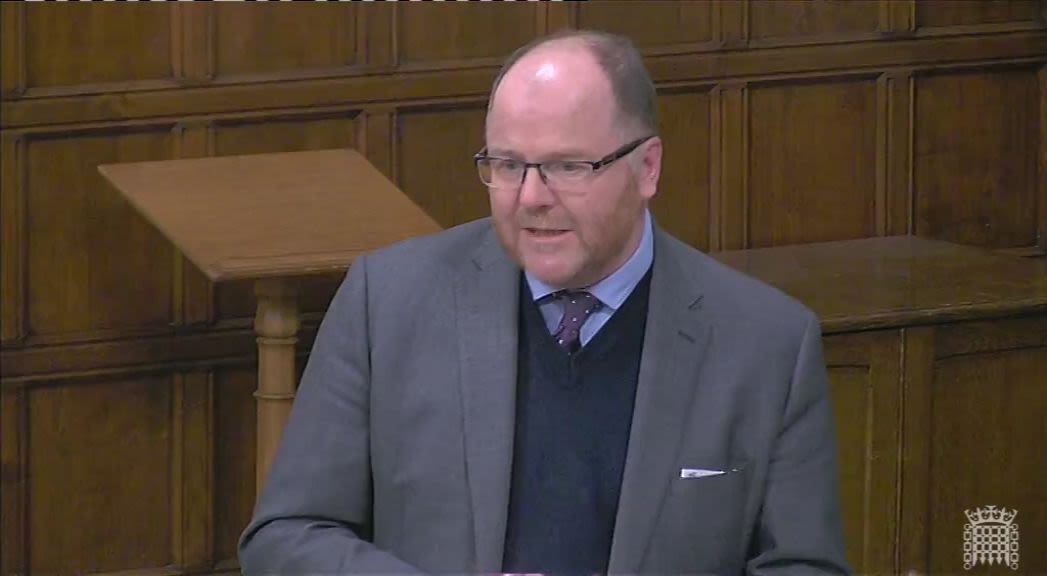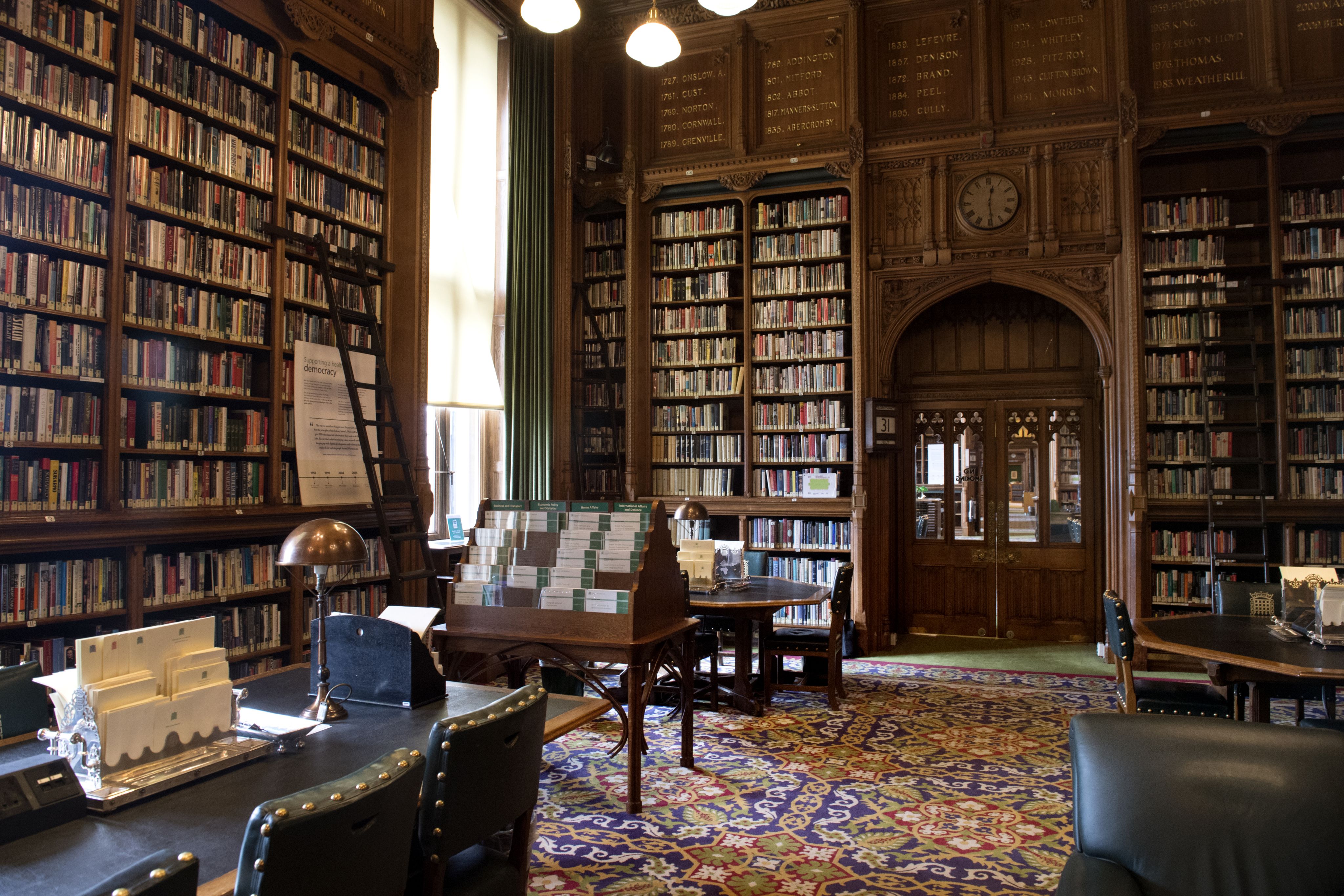Artificial intelligence and intellectual property rights for creative workers

On Wednesday 1 February 2023, Sarah Olney MP led a Westminster Hall debate entitled 'Potential impact of artificial intelligence on intellectual property rights for creative workers'.
Many thanks to everyone who shared their experiences and insights on this topic.
On this page, you can see:
- How public contributions made an impact
- Links to watch or read the debate
- How the Government responded.
During the debate, Sarah Olney thanked all those who completed the survey:
"I thank not only all Members who participated in the debate, but all the industry sector groups who spoke to me and my team about the issues they are experiencing, and particularly the artists, musicians and performers who responded to the survey. It has been incredibly useful to really understand this issue..."
She also quoted several respondents directly:
If you took part in this activity, please answer two quick questions about your experience:

The Government's response

George Freeman MP, the Minister for Science, Research and Innovation responded to the debate on behalf of the Government. He addressed the Government’s current policy agenda and future ambitions related to the debate topic.
Watch or read his full speech for details on a range of topics including:
- The consultation led by the Intellectual Property Office (IPO): Artificial Intelligence and IP: copyright and patents
- Comments that he – as Minister for Science, Research and Innovation and Julia Lopez MP – as Minister of State for Media, Data, and Digital Infrastructure – do not wish to proceed with proposals from the IPO "to introduce a new copyright and database exception which allows text and data mining for any purpose"*
- Plans for the IPO to consult on updated proposals on the regulation of AI
- The existing regulatory framework related to AI, and its relationship with investment in the sector
- Using data on emerging revenue streams, providers and creators to inform policy
- Plans for the National Science and Technology Council – a senior Cabinet Committee chaired by the Prime Minister – to establish:
A creative industry strategy, led by the Department for Digital, Culture, Media and Sport
An AI regulatory strategy which will set out the Government’s approach to regulating AI.
* See Artificial Intelligence and IP: copyright and patents: Section “Detail of outcome”
Introducing the debate, she gave the following statement:
"The rapid rise of artificial intelligence has revolutionised traditional ways of working across a whole range of sectors.
"Many in the creative sector have expressed concern that the promotion of artificial intelligence could pose a significant threat to creative workers and performers.
"I hope this debate can explore the impact of AI on creative industries, and identify steps that could be taken to support the UK’s world-leading creative industry which contributes over £100 billion to the economy each year.
"I am especially keen to hear from people working in creative industries or representing those that do – your responses to this survey would provide invaluable context for the debate."

Your feedback

"It was great to be mentioned, I previously submitted some evidence to the Digital, Culture, Media and Sport Committee inquiry on the music industry and streaming. I was surprised to be mentioned there too.
"I wonder if rather more people realised that it is quite easy to become involved in parliamentary debates and inquiries, perhaps more people would get involved in the conversation and lobby their MPs.
"It would be great if a wider range of people from different backgrounds and experiences did!
"Being involved in the debate in some small way does make you feel that your experience is part of the conversation at least."
"I decided to fill in the survey because it's an issue that I have been aware of, and feel strongly about.
"I was pleased to have been quoted in the debate. I felt I had contributed to the debate around the issue and that my opinion had been heard and acknowledged.
"I told my wife and my best friend about the debate. They were surprised and impressed and asked me further about the issue.
"I'm aware that the work of Parliament has direct influence over almost all aspects of my life, but this is one of the few times where I felt my view mattered and was acknowledged."
What is a Westminster Hall Debate?
Westminster Hall debates take place in the Grand Committee Room in the House of Commons.
They give MPs an opportunity to raise local or national issues and receive a response from a government minister.
Debates in Westminster Hall take place on 'general debate' motions expressed in neutral terms. These motions are worded 'That this House has considered [a specific matter]'. This means that Westminster debates don’t end in a vote on a particular action or decision.
How Parliament works: Westminster Hall debates.
How your contributions are shared
In these exercises, members of the public who have signed relevant petitions or are subscribed to parliamentary newsletters are invited to share their experiences and ideas.
These are passed on to the MP leading the debate, who may refer to them directly in their speeches.
Find other petitions on the Petitions website, or see more examples of public contributions being used in debates below.
Sign up to the Your UK Parliament newsletter for latest info on free activities online and around the UK to help you get involved and make a difference.
What happens next?
If you shared your email in the survey, we’ll send you an update after the debate with links to watch it, read the transcript, and information about the Government's response.
Parliamentary activity and resources
Relevant committee inquiries, reports and research

📜Our report on the future of the UK's creative industries is published today: https://t.co/0CaGJeSaKm
— Lords Communications and Digital Committee (@LordsCommsCom) January 17, 2023
📢We are grateful to all who gave evidence.
🤖During our inquiry, we heard from Ai-Da: the first AI robot to give evidence to a House of Lords Committee: pic.twitter.com/eSiV7i8zWl




Photo credit: UK Parliament / Jessica Taylor

